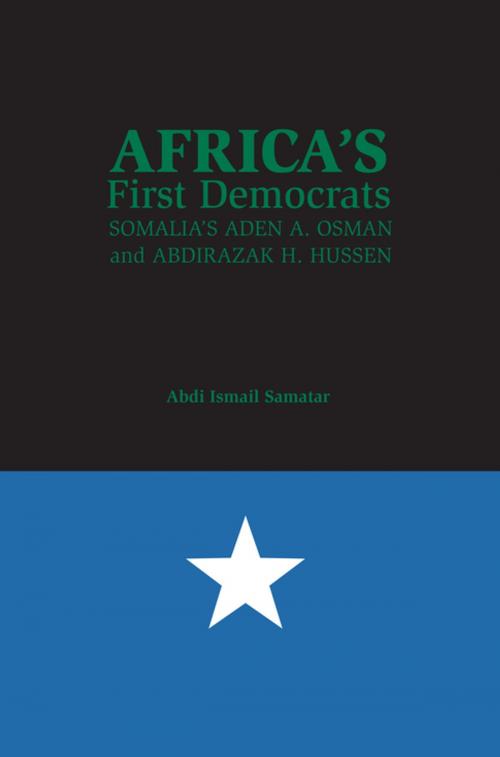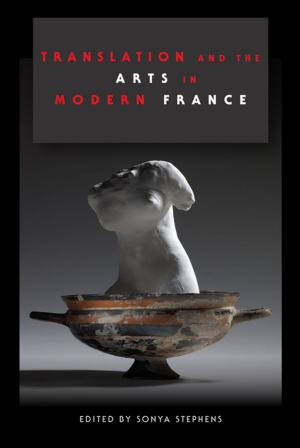Africa’s First Democrats
Somalia’s Aden A. Osman and Abdirazak H. Hussen
Nonfiction, History, Africa, Social & Cultural Studies, Political Science, International| Author: | Abdi Ismail Samatar | ISBN: | 9780253022370 |
| Publisher: | Indiana University Press | Publication: | September 26, 2016 |
| Imprint: | Indiana University Press | Language: | English |
| Author: | Abdi Ismail Samatar |
| ISBN: | 9780253022370 |
| Publisher: | Indiana University Press |
| Publication: | September 26, 2016 |
| Imprint: | Indiana University Press |
| Language: | English |
Abdi Ismail Samatar provides a clear and foundational history of Somalia at the dawn of the country’s independence when Africa’s first democrats appeared. While many African countries were dominated by authoritarian rulers when they entered the postcolonial era—and scholars have assumed this as a standard feature of political leadership on the continent—Somalia had an authentic democratic leadership. Samatar’s political biography of Aden A. Osman and Abdirazak H. Hussen breaks the stereotype of brutal African tyranny. Samatar discusses the framing of democracy in Somalia following the years of control by fascist Italy, the formation of democratic organizations during the political struggle, and the establishment of democratic foundations in the new nation. Even though this early state of affairs did not last, these leaders left behind a strong democratic legacy that may provide a model of good governance for the rest of the continent.
Abdi Ismail Samatar provides a clear and foundational history of Somalia at the dawn of the country’s independence when Africa’s first democrats appeared. While many African countries were dominated by authoritarian rulers when they entered the postcolonial era—and scholars have assumed this as a standard feature of political leadership on the continent—Somalia had an authentic democratic leadership. Samatar’s political biography of Aden A. Osman and Abdirazak H. Hussen breaks the stereotype of brutal African tyranny. Samatar discusses the framing of democracy in Somalia following the years of control by fascist Italy, the formation of democratic organizations during the political struggle, and the establishment of democratic foundations in the new nation. Even though this early state of affairs did not last, these leaders left behind a strong democratic legacy that may provide a model of good governance for the rest of the continent.















